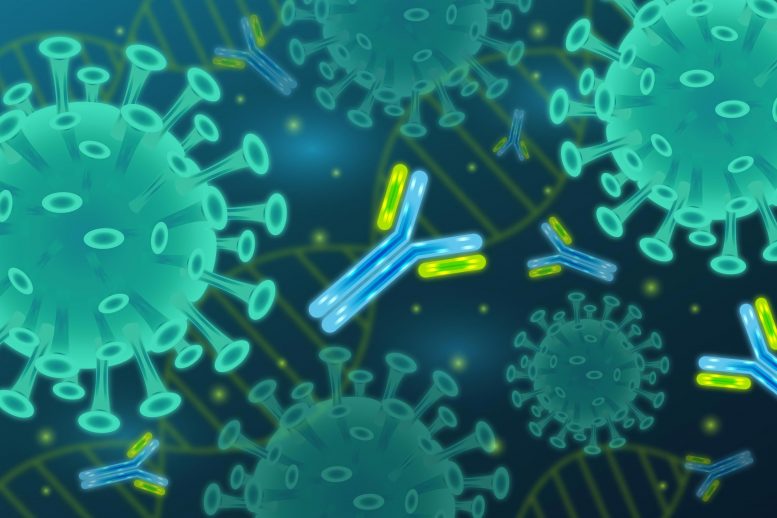
Scientists look to untangle the mysteries of antibodies specific to SARS-CoV-2, the virus that causes COVID-19, in search of better tests and possible cures. Credit: Fujita Health University
Scientists perform the first detailed analysis of different antibodies produced by COVID patients to various parts of SARS-CoV-2.
Blood tests to detect antibodies against SARS-CoV-2, the virus that causes COVID-19, are an important tool for diagnosing the disease, developing potential treatments, and checking vaccine efficacy. Although such tests are available, we have very little understanding on how different antibodies interact with virus antigens. Scientists from Fujita Health University set out to assess various antigen-specific antibodies and determined which of them had the strongest neutralizing activity against SARS-CoV-2.
The COVID-19 pandemic has now claimed over 2 million deaths worldwide, and this number is only increasing. In response, health agencies have rolled out tests to diagnose and understand the disease. Besides the now widely known PCR test, there is interest in serological (blood) tests that detect “antibodies” against SARS-CoV-2, the virus that causes COVID-19. These blood tests have considerable applications, from identifying blood donors with high levels of anti-SARS-CoV-2 antibodies, whose blood can be used for convalescent plasma therapy, to measuring vaccine effectiveness.
So, what are antibodies? These are proteins produced by the body’s immune system to combat foreign proteins, such as the SARS-CoV-2 virus. Antibodies function by binding to a specific part of the virus that the immune system recognizes, called “antigens.” SARS-CoV-2 is composed of four major proteins, with two being highly immunogenic (capable of producing an immune response). These immunogenic proteins are called spike (S) and nucleocapsid (N) proteins. Presence of antibodies specific to the S protein means there is a higher amount of virus-neutralizing activity while antibodies specific to N protein indicate the presence of previous SARS-CoV-2 infection.
Despite this general awareness, we actually have only a vague understanding of how different antibodies (or antibody “isotypes”) interact with the various antigens produced by SARS-CoV-2. Hence, a team of scientists led by Senior Assistant Professor Hidetsugu Fujigaki and Professor Yohei Doi from Fujita Health University, in collaboration with National Institute of Infectious Diseases, Japan, FUJIFILM Wako Pure Chemical Corporation, and FUJIFILM Corporation undertook the first detailed investigation of these interactions. “Our goal was to quantify the neutralizing activity of these different antibodies against SARS-CoV-2,” Dr. Fujigaki explains, “We looked at antibodies specific to different parts of the S protein and the N protein to determine which of them was the best predictor of stopping the virus.”
They did this through an analysis of blood samples from 41 COVID-19 patients at the Fujita Health University Hospital. The team developed assays using three common antibodies (IgG, IgM, and IgA), each of them split into isotypes that bind specifically to five antigens (three parts of the S protein, including the receptor binding domain [RBD], the full S protein, and the full N protein).
The results of their experiments showed that all antibody isotypes that bind to the S protein (full and parts) were highly specific, but antibody isotypes binding to the N protein were less so. With minor variations, all antibodies are detectable in patients at approximately 2 weeks after symptoms appear, and detection sensitivity was higher than 90% (except in the case of IgM binding to N protein). Importantly, the researchers showed that IgG specific to the RBD of S protein had the highest correlation with virus neutralizing activity and disease severity. In other words, measuring RBD-specific IgG levels could tell us a lot about the immune response of COVID-19 patients, and could be the foundation for improving COVID-19 blood tests.
“We are also very excited by our findings because of their implications for convalescent serum/plasma therapy, a type of treatment where you transfuse blood from people who recovered from COVID and have high levels of antibodies against SARS-CoV-2,” Dr. Fujigaki adds, “Being able to show that the IgG antibody against RBD is highly correlated with neutralizing activity means we can identify appropriate blood donors for this treatment.”
The world is hopefully moving into the final stages of the pandemic, and this information could be the tools needed to carve out the final few steps to a safe post-pandemic world.
Reference: “Comparative Analysis of Antigen-Specific Anti–SARS-CoV-2 Antibody Isotypes in COVID-19 Patients” by Hidetsugu Fujigaki, Masato Inaba, Michiko Osawa, Saya Moriyama, Yoshimasa Takahashi, Tadaki Suzuki, Kenya Yamase, Yukihiro Yoshida, Yo Yagura, Takayoshi Oyamada, Masao Takemura, Yohei Doi and Kuniaki Saito, 15 May 2021, Journal of Immunology.
DOI: 10.4049/jimmunol.2001369
Funding: Japan Agency for Medical Research and Development (AMED), FUJIFILM Wako Pure Chemical Corporation

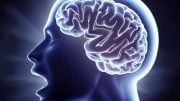
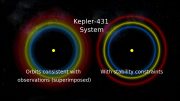
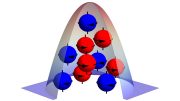
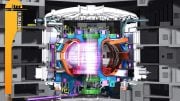

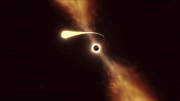
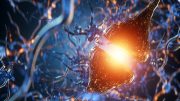
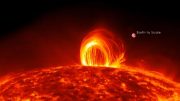
Be the first to comment on "In the Blood: Antibodies Identified That Best Neutralize the Coronavirus in COVID-19 Patients"